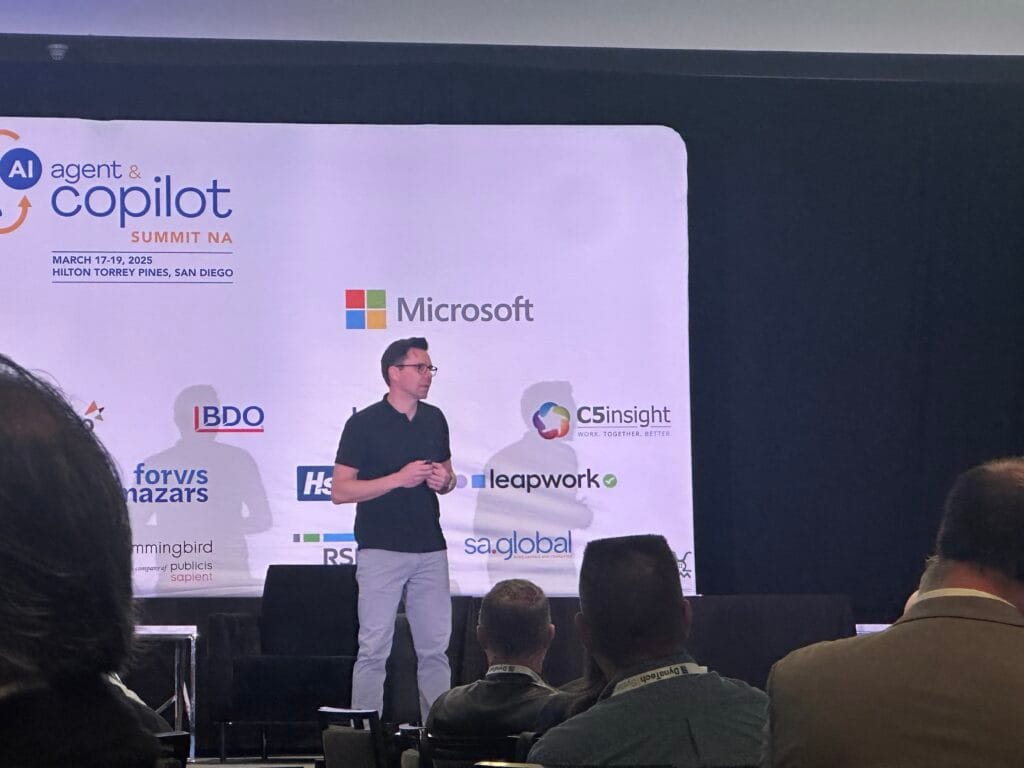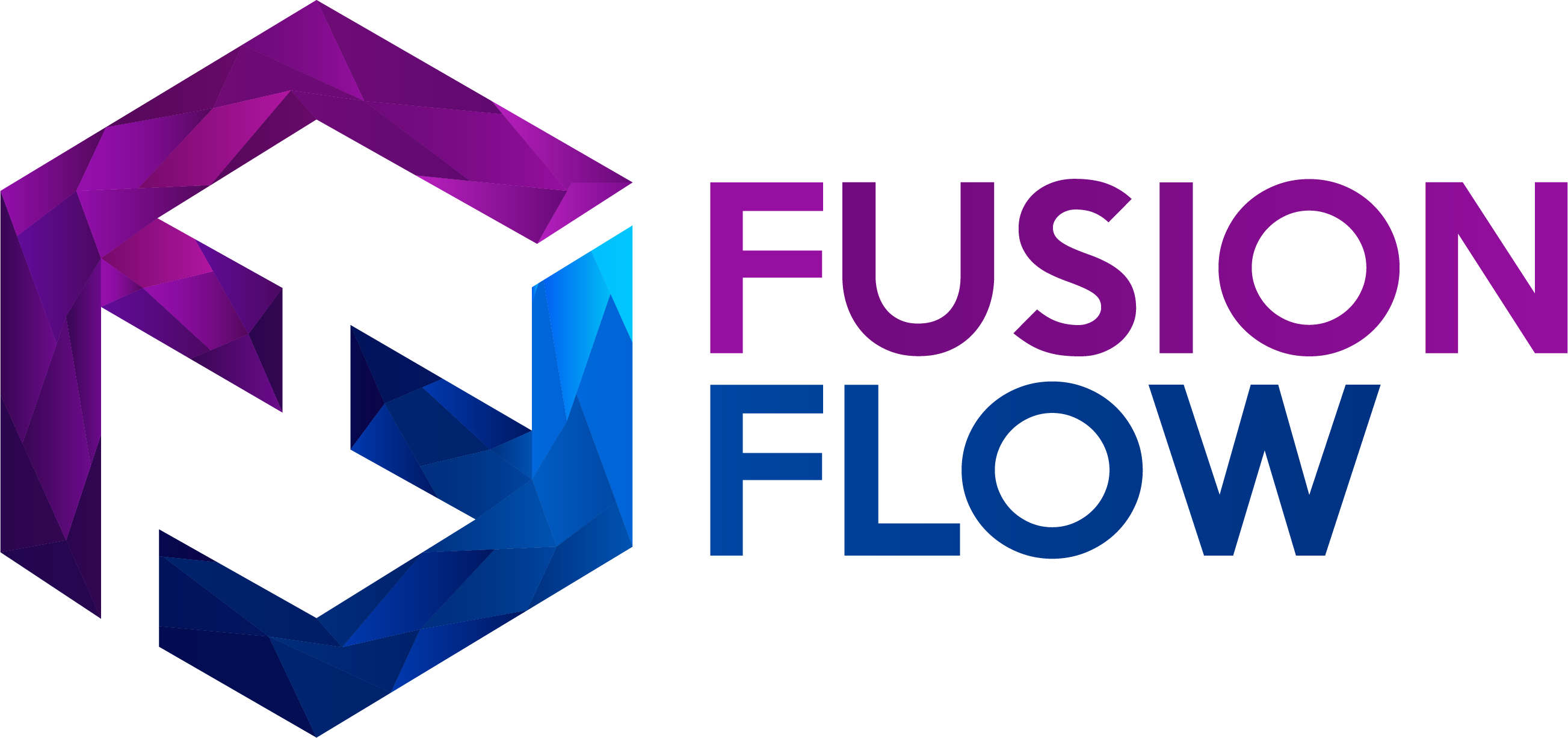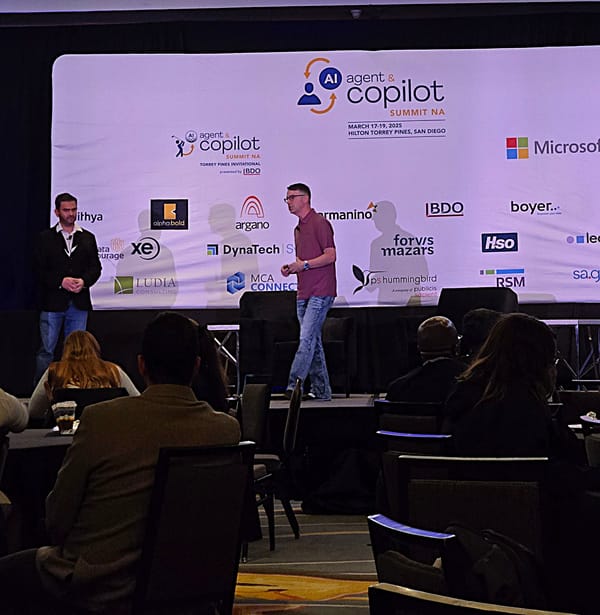Agents Are Just the New Apps, But Built Differently
AI agents are like apps with reasoning. They track context, escalate smartly, and hand off tasks. Think modular, like microservices. Every org will have a gateway agent supported by specialists. Garbage in, garbage out. Build wisely.

Last month, I watched one of the most insightful demos on AI agents I've seen in a while. It went beyond a typical overview of generative AI, diving into the inner workings of AI agents and what it means for building, deploying, and managing these systems going forward.
The speaker broke down the anatomy of a typical agent run event. This wasn't hardcoded logic. It was runtime decision-making, where the agent chooses steps dynamically. It pulls previous interactions, identifies common issues, grabs relevant knowledge, and sends follow-ups without needing an engineer to script the flow manually.
"This is not hard coded, this is not like static. It decides at runtime how it's going to take certain actions and steps."
Observability, Personalization, and Human Escalation
One standout point was how observability is being integrated into agent monitoring. These systems track performance metrics and flag when human intervention is needed. For instance, if a customer receives a faulty package, the agent might request a photo of the damage, evaluate it, and involve a human agent if necessary.
“It will assess based on that image... and this will pop up in M365. It's like hey, here's the context.”
It doesn't stop there. After resolving the issue, a marketing agent might send a personalized follow-up email with details like the pet's name and what item was replaced. That's cross-functional agent orchestration in action.
From Builders to Creative Capitalists
What I appreciated most about the talk was its practicality. The speaker highlighted the need to unlearn legacy thinking.
"Everyone in this room can be a builder, a creator... It's natural language. Yes, there's some AI capability. But it's kind of like building apps a decade ago."
The early access program showed that many applicants framed their use cases like traditional automation. This is the trap: thinking of agents as glorified RPA.
“We have to really unlearn that... Agents are simply the new apps in this new world.”
What's Next: From Automation to Reasoning
The core message? Agents are about reasoning, connecting systems, and reacting dynamically. They're meant to handle ambiguity and hand off to humans when needed. With multi-agent architectures, things get even more interesting.
“Quickly you've got a couple of agents that you stitch together and you've got a fully automated process.”
That modularity matters. These agents can be reused, reconfigured, and connected like microservices across departments. The future? Every brand will have a gateway agent interfacing with customers, backed by specialized agents for everything from marketing to support.
Final Thought
This is a shift in how we think about software. It involves getting hands-on, experimenting, failing, and refining.
“Garbage in, garbage out.” The quality of what you build depends on what you feed these systems.
Agents are the new apps. But they're built differently.
Let me know what you think. How are you exploring agents in your organization? Drop your thoughts in the comments.





